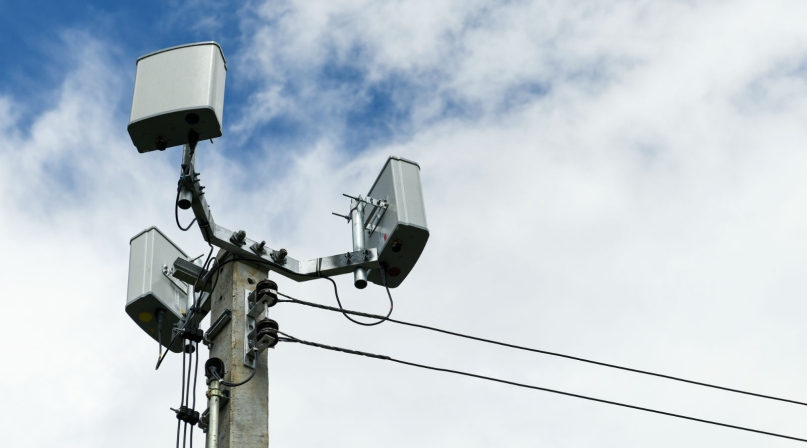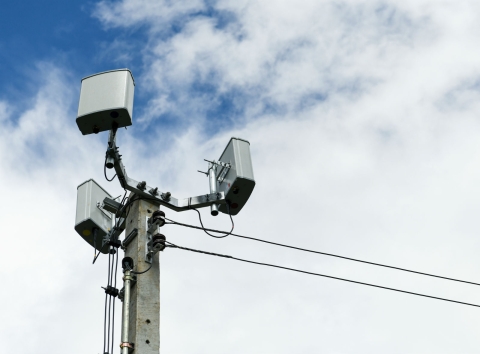House bill introduced to dismantle FCC 5G order
Upcoming Events
Related News

Key Takeaways
Rep. Anna Eshoo (D-Calif.) introduced a bill that would effectively dismantle the Federal Communications Commission’s controversial September ruling on 5G siting that severely limited counties and other local governments.
The FCC order gives counties 60 days to approve small cells being attached to existing structures and 90 days for erecting new poles, and limits local fees. The ruling, which went into effect Jan. 14, curtails local authority over public rights-of-ways for 5G wireless broadband deployment.
Eshoo introduced the Accelerating Wireless Broadband Development by Empowering Local Communities Act of 2019 (H.R. 530) the same day.
Eshoo noted that “5G must be deployed responsibly and equitably [but] the FCC let industry write these regulations without sufficient input from local leaders.”
NACo Executive Director Matt Chase said: “Counties are committed to ensuring that all residents have access to affordable broadband while timely 5G facilities and services are deployed. As we achieve these goals, we must also fulfill our responsibilities as trustees of public property and rights-of-way, without adding unnecessary red tape.”
NACo and the National League of Cities said in September “the FCC’s impractical actions will significantly impede local governments’ ability to serve as trustees of public property, safety and well-being. The decision will transfer significant local public resources to private companies, without securing any guarantee of public benefit in return.”
The statement cited more than 100 local governments from 22 states that have filed comments prior to the FCC action. In response to the ruling, several lawsuits were filed in federal appeals courts questioning the legality of the FCC rule.
Following these filings, NACo joined a letter with more than 40 local governments and associations requesting the FCC issue a stay on the 5G order until the courts reach a decision. The FCC ultimately declined to issue a stay on the order.

Attachments
Related News

House committee passes local broadband permitting preemption bills
The American Broadband Deployment Act of 2025 would enact new restrictions on a variety of state and local land use and zoning authorities pertaining to the deployment of telecommunications infrastructure.

